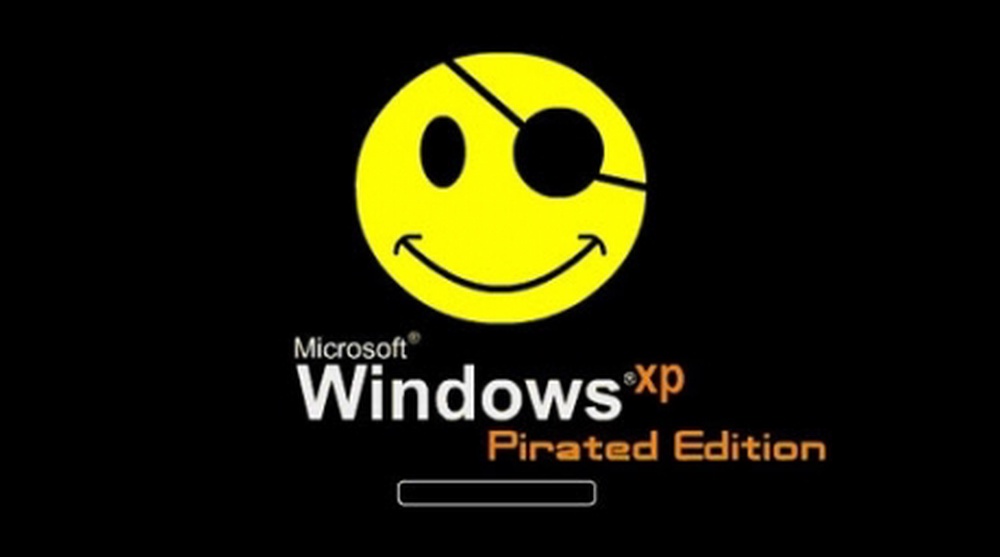
Every fourth seller of computers in Kazakhstan checked during a Mystery Shopper program openly offers pirate software to customers, Microsoft reports. Looking like ordinary buyers, representatives of Microsoft Company entered computer shops in the largest cities of Kazakhstan, including Almaty, Astana, Aktobe, Karaganda, Pavlodar and Shymkent. In general, Astana and Almaty showed the average results for Kazakhstan. 63 percent of shops in Astana refused to discuss the issue of installing illegal software, while 27 percent gave information about illegal installation of software "by someone and somewhere" and only 10 percent were ready to install pirate software on their own right in the shop or after work. The numbers in Almaty were about the same: 58, 20 and 22 percent, accordingly. There were less offers to install pirate software in large trade networks. Four out of five sales consultants (80 percent) of Logycom, Alser and Sulpak stores refused to sell illegal software, while the network of Tekhnodom stores showed a totally different picture. 9 out of 16 sales consultants directly or indirectly offered to the buyers to buy computers with pirate software. Based on the results of the survey and considering an available demonstrative base, representatives of Microsoft company in Kazakhstan decided to address the problem of piracy personally to the heads of companies where salespersons indirectly or openly offered pirate software to secret buyers. Microsoft office in Kazakhstan has started its Mystery Shopper program in December 2009. The aim of the project is to gather information about the level of computer piracy among computer-selling companies and to monitor the level of legal awareness of employees of reselling companies on the issue of copyright protection and countering computer piracy.





Every fourth seller of computers in Kazakhstan checked during a Mystery Shopper program openly offers pirate software to customers, Microsoft reports.
Looking like ordinary buyers, representatives of Microsoft Company entered computer shops in the largest cities of Kazakhstan, including Almaty, Astana, Aktobe, Karaganda, Pavlodar and Shymkent.
In general, Astana and Almaty showed the average results for Kazakhstan. 63 percent of shops in Astana refused to discuss the issue of installing illegal software, while 27 percent gave information about illegal installation of software "by someone and somewhere" and only 10 percent were ready to install pirate software on their own right in the shop or after work. The numbers in Almaty were about the same: 58, 20 and 22 percent, accordingly.
There were less offers to install pirate software in large trade networks. Four out of five sales consultants (80 percent) of Logycom, Alser and Sulpak stores refused to sell illegal software, while the network of Tekhnodom stores showed a totally different picture. 9 out of 16 sales consultants directly or indirectly offered to the buyers to buy computers with pirate software.
Based on the results of the survey and considering an available demonstrative base, representatives of Microsoft company in Kazakhstan decided to address the problem of piracy personally to the heads of companies where salespersons indirectly or openly offered pirate software to secret buyers.
Microsoft office in Kazakhstan has started its Mystery Shopper program in December 2009. The aim of the project is to gather information about the level of computer piracy among computer-selling companies and to monitor the level of legal awareness of employees of reselling companies on the issue of copyright protection and countering computer piracy.


 +7 (777) 001 44 99
+7 (777) 001 44 99















































